Newlyn School home in Cornwall gets listed status
- Published
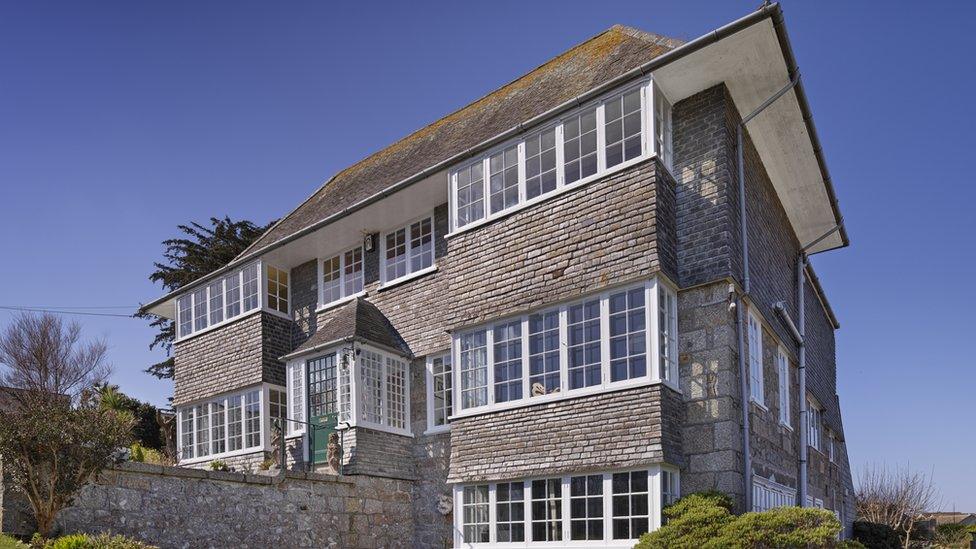
Wheal Betsy inspired artists Thomas Cooper Gotch and Caroline Burland Yates.
An Edwardian house once at the heart of an artistic colony in Cornwall has been listed for its historical importance.
Wheal Betsy, an Arts and Crafts style house in Newlyn, was built between 1909 and 1911 for artists Thomas Cooper Gotch and Caroline Burland Yates.
The property has now been given Grade II listed status on the advice of Historic England.
It features local granite, exposed beams and a "different tiled fireplace surround in nearly every room".
Designed by architect Arnold Bidlake Mitchell, the house became an inspiration for Gotch, a respected artist and member of the Newlyn School of painting - an artistic colony in west Cornwall which emerged in the early 1880s.
His works, which include those inspired by the view of Mount's Bay from Wheal Betsy, are held by the Tate and in other public collections across the world.
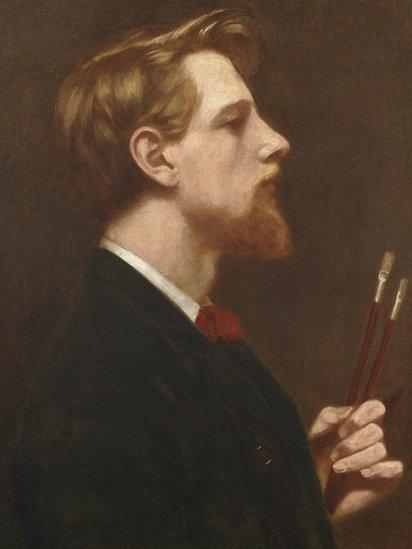
Thomas Cooper Gotch was a member of the Newlyn School of painting
Ron Hogg, who owns the property, admitted he knew nothing about his celebrated predecessors before moving into the house in 1996.
But on discovering its history, he set about "putting Gotch back into art history", even writing three books about the artist.
He said his family had made few changes to the estate, which, according to Historic England, is "distinctively Cornish".
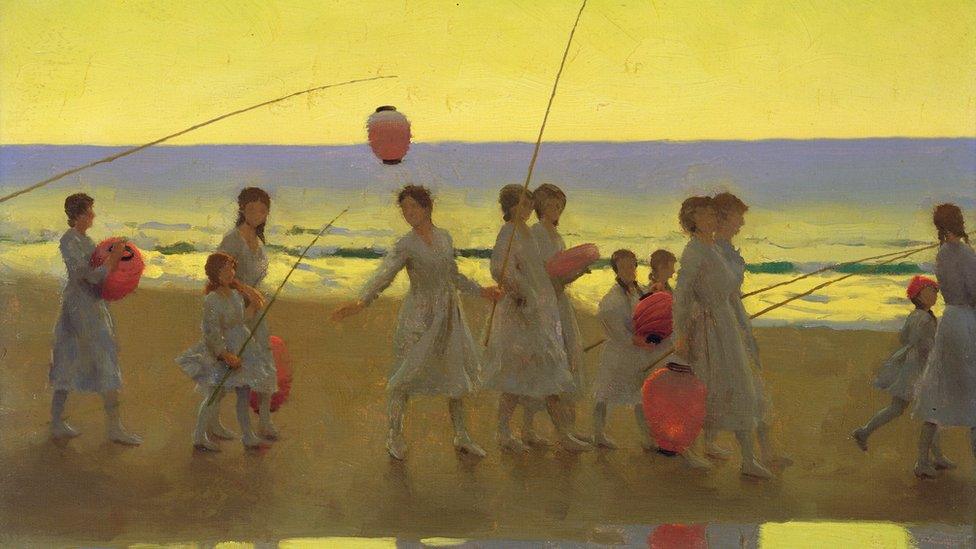
The Sand Bar is one of the best-known paintings by Thomas Cooper Gotch
Rebecca Barnett, regional director for Historic England South West, said Wheal Betsy was a "beautifully crafted" home inspired by its surroundings and local building traditions.
She added: "Its listing celebrates its importance to the story of Cornish art and architecture."
Lord Kamall, heritage minister, said the listing would serve as a permanent reminder of the house's place in history.
Its name is a reference to nearby tin mine Wheal Elizabeth, which had closed in 1853 after only two years.

Follow BBC News South West on Twitter, external, Facebook, external and Instagram, external. Send your story ideas to spotlight@bbc.co.uk, external.
Related topics
- Published4 November 2021
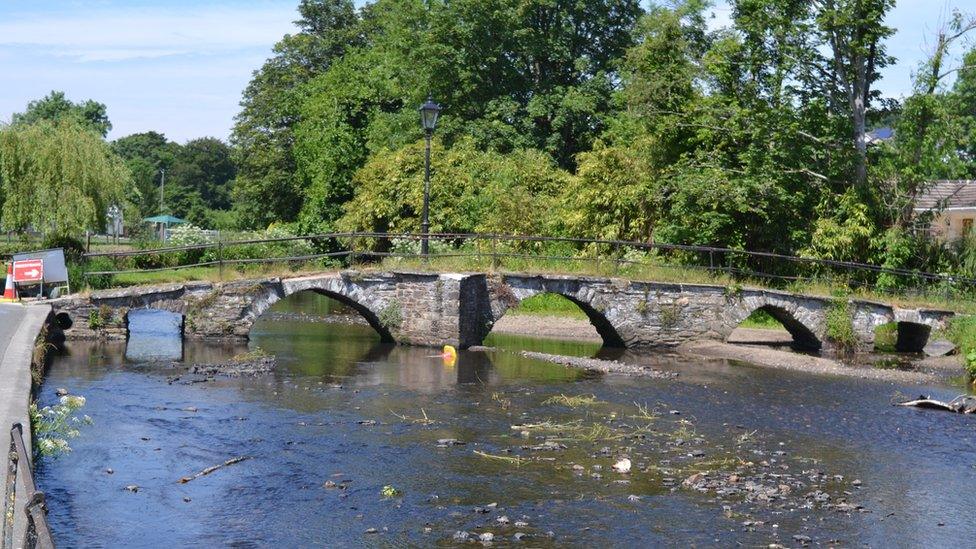
- Published28 July 2021
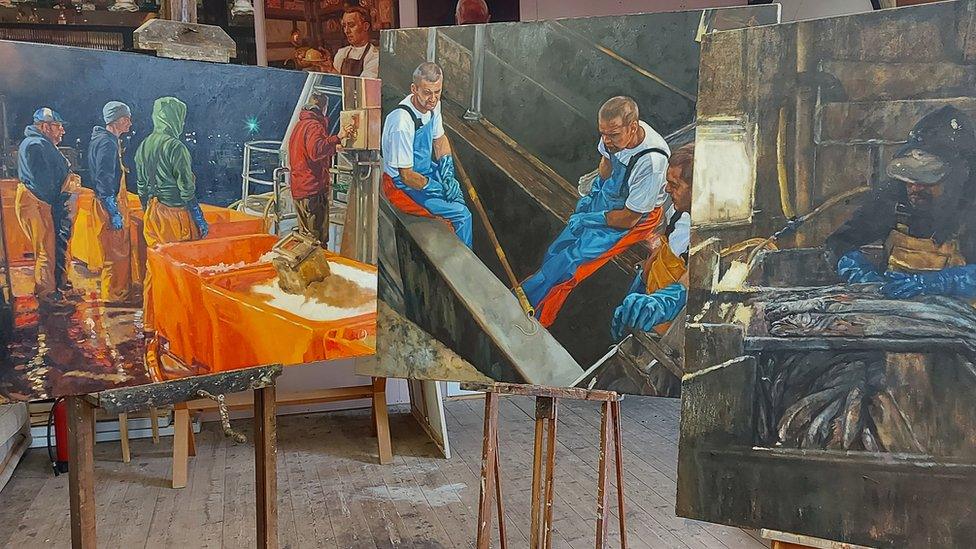
- Published6 March 2016
